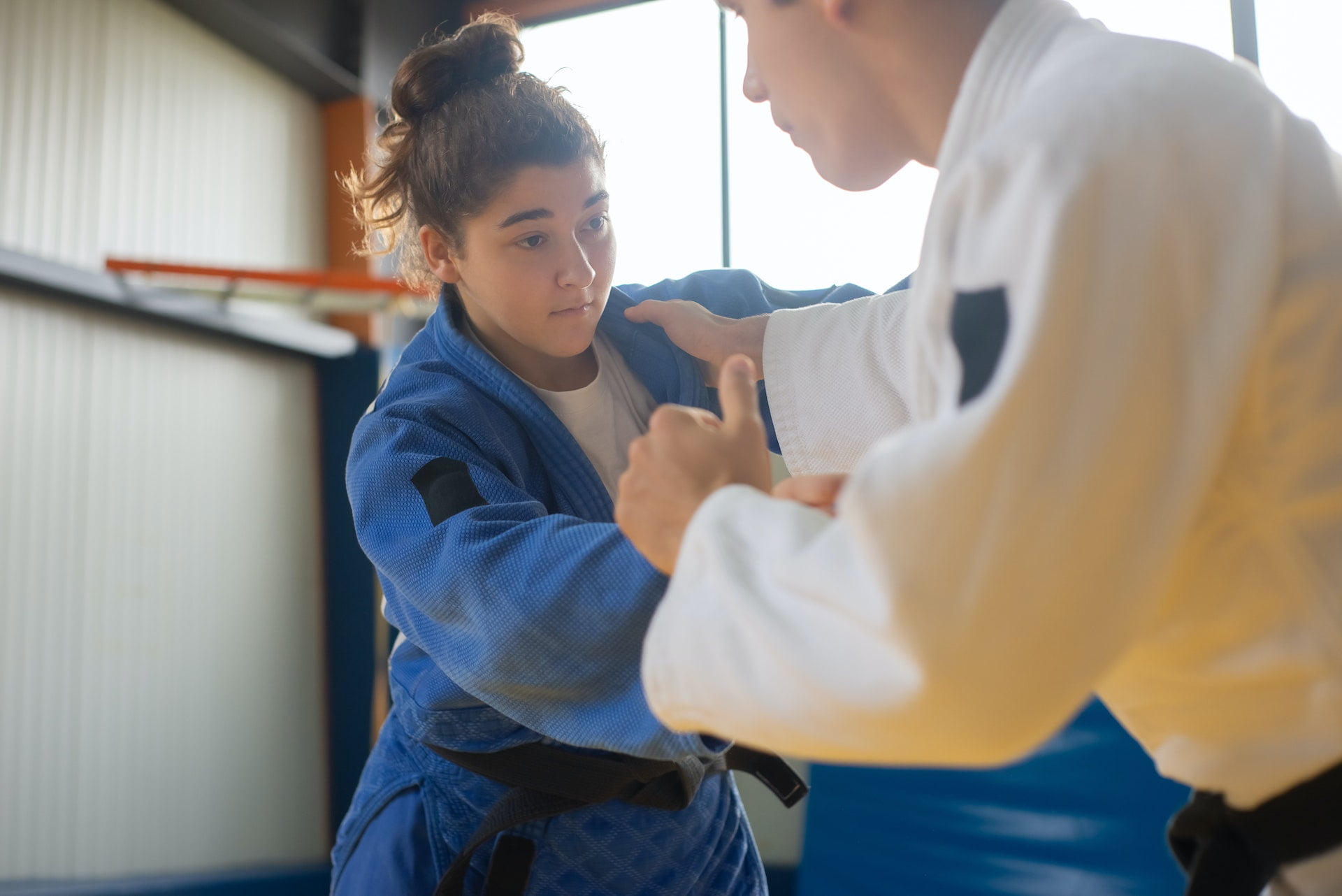
Core Principles of Brazilian Jiu-Jitsu
In the world of martial arts, Brazilian Jiu-Jitsu (BJJ) stands out for its unique approach to combat and self-defense. At its core, BJJ is built upon a set of fundamental principles that guide practitioners in their journey to mastery. In this blog post, we will delve into the essential core principles of BJJ, unveiling the key elements that make it such a fascinating and effective martial art.
Leverage and Technique Over Strength
Unlike many other martial arts, BJJ places a strong emphasis on using leverage and technique to overcome opponents, rather than relying solely on brute strength. By utilizing proper body mechanics, leverage, and leverage-based techniques, even smaller individuals can overcome larger opponents.
Positional Control
One of the fundamental principles of BJJ is the concept of positional control. BJJ practitioners aim to establish dominant positions such as mount, back control, or side control, where they can exert control and apply effective submissions. By mastering the art of positional control, practitioners gain a significant advantage over their opponents.
Escapes and Defense
While BJJ is known for its offensive techniques, it also places great importance on escapes and defense. Practitioners learn how to defend against attacks, maintain a solid base, and escape from inferior positions. The ability to escape and defend effectively is crucial in avoiding submissions and regaining control in a match.
Flow and Transition
BJJ is a dynamic martial art that encourages fluid movement and seamless transitions between techniques. Practitioners learn to flow from one position to another, smoothly transitioning from submissions to escapes and reversals. The ability to maintain constant movement and adapt to changing circumstances is key to success in BJJ.
Mental Focus and Problem Solving
Beyond physical technique, BJJ is a mental chess match. Practitioners develop sharp mental focus, strategic thinking, and problem-solving skills on the mat. BJJ requires practitioners to anticipate their opponent’s moves, analyze situations, and execute precise techniques at the right moment.
Continuous Learning and Humility
BJJ is a lifelong journey of learning and growth. Practitioners understand the importance of humility and recognize that there is always more to learn. They embrace the mindset of a perpetual student, seeking knowledge from instructors and training partners alike.
Conclusion: The core principles of Brazilian Jiu-Jitsu form the foundation of this captivating martial art. Through leverage, positional control, escapes, fluid transitions, mental focus, and a humble approach to learning, BJJ practitioners unlock the secrets of effective combat and self-defense. As you embark on your BJJ journey, remember to embrace and embody these core principles, and watch your skills and understanding of the art flourish.